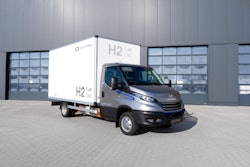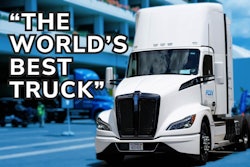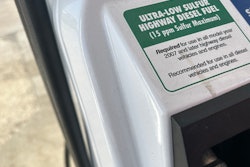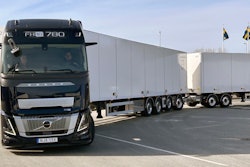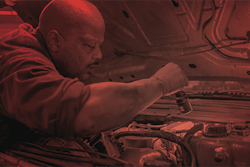Just because an alternative form of power for heavy-duty vehicles is hailed as the next great thing to turn trucking green, doesn’t mean its halo won’t dim when more is known about how it will be manufactured and what it will take to run them in revenue service.
Do natural gas trucks ring a bell? Arguably, CNG and then LNG were the first alternative fuels held up as the solution to vault past diesel’s high levels of greenhouse gas emissions. CNG was touted as a good swap for diesel for centrally fueled and, typically, medium-duty trucks. LNG was aimed at longer-haul heavy-duty trucks due to its greater energy content, but it requires expensive cryogenic storage. To be sure, natural gas hasn’t gone away, nor has propane for that matter. But battery power has floored it into the fast lane of development and adoption by fleets.
First to hit its stride was the battery-electric vehicle (BEV). Their primary use remains powering trucks on local or regional routes that can be recharged at the end of each shift, typically overnight at a fleet depot.
As BEVs continue to gain adherents, the hydrogen fuel cell-powered electric (HFCE) truck is being developed by truck makers and EV startups with their eye on bringing them to market by 2030.
At least one HFCE model has entered full production here already, Nikola Motors’ TREV Class 8 tractor. All major North American truck makers or their parent firms have HVCE trucks in various stages of development. For example, Toyota is partnering with Peterbilt to bring to market in 2024 HFCE Class 8 trucks the OEMs piloted at the Port of Los Angeles. And earlier this year, Hyundai showed off its Xcient fuel-cell tractor planned for the U.S. market. This Class 8 model is already available in five other countries.
Showing, of course, is not selling, but new technology for commercial trucks is best rolled out smoothly, with the focus especially on making the value case to fleet buyers even as the engineering is under way.

